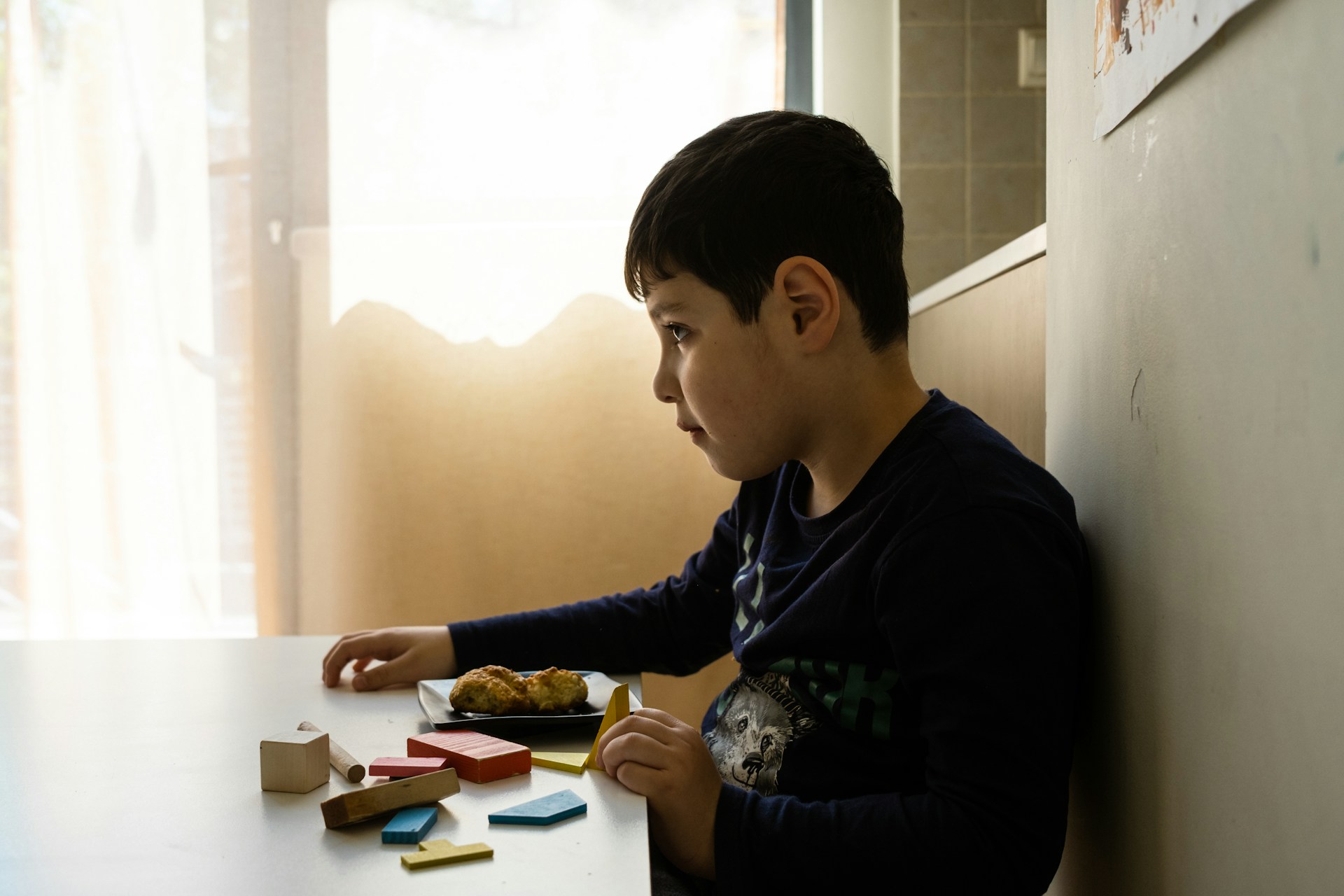Every relationship goes through ups and downs. Sometimes it’s small things like not being heard during a conversation. Other times, it’s bigger issues like trust that slowly wear things down. When people can’t seem to get through to each other, emotions start piling up. Misunderstandings become the norm, and even the most loving connections feel strained. That gap between two people often gets wider when hurt feelings are pushed aside, or when the same arguments repeat over and over.
Many people want to fix what’s wrong, but they’re not sure where to start. A lot of couples feel stuck trying to solve everything on their own. They care deeply, but they end up going in circles. This is where turning to someone trained in helping relationships can really make a difference. Professional support offers more than just a place to vent. It’s a space for finding new ways to connect, truly listen, and start building trust again.
The Role Of Relationship Therapy
Relationship therapy is simply a process where people get help working through common problems that show up between partners, or even in family dynamics. Whether it’s about communication, emotional distance, or ongoing disagreements, the goal is to clear the roadblocks that make relationships harder.
During therapy sessions, couples or individuals talk openly with a trained therapist who guides the conversation in a productive direction. It’s not about choosing sides or pointing fingers. It’s about helping each person feel heard and understood while learning how their responses affect the relationship.
Some common areas that therapy tends to focus on:
– Communication — helping both people express needs without blaming or defensiveness
– Boundaries — learning where emotional and personal lines should be drawn
– Conflict resolution — figuring out how to handle disagreements without escalation
– Emotional closeness — rebuilding connection, intimacy, and trust
– Decision-making — supporting one another through life changes or stress
People often wait until things feel like they’ve hit a breaking point, but it doesn’t have to be that way. Therapy can work whether things are deeply strained or just starting to feel off. What it offers is a neutral space where tools and understanding take the place of criticism and confusion.
How Professional Support Strengthens Bonds
One of the most common patterns in stressed relationships is poor communication. It’s when partners talk past each other—or give up talking altogether. Professional support helps break this cycle by teaching people how to really listen and respond carefully, not just react.
Working with a therapist brings structure to conversations, especially the hard ones. Instead of falling into old habits, couples are given techniques to change how they interact. For example, using simple check-ins before disagreements turn into full-blown arguments helps ease tension and keeps emotions in check.
Here are a few ways therapy helps strengthen bonds:
1. It removes guesswork. People learn how to speak clearly about what they’re feeling and needing, so there’s less confusion.
2. It slows down reactivity. By learning to pause before responding, both partners avoid saying things they regret.
3. It creates space for empathy. Looking at each other’s perspective helps rebuild emotional connection.
4. It teaches patterns. Most couples don’t realize they fall into the same routine during arguments. Therapy shows them how to recognize and shift those patterns.
One couple might find that their biggest block is silence—arguments don’t really happen, but nothing gets talked through either. Another might clash often but never really solve anything afterward. Both of these are workable in therapy. The key is figuring out what’s going wrong, then replacing it with something that supports growth instead.
With time and effort, these new ways of connecting start showing up outside of the sessions. It becomes easier to share the big stuff and handle differences with more care. That leads to a relationship that can weather stress without falling apart, and more moments where both people feel truly together.
The Benefits Of Remote Telehealth Services
Life doesn’t slow down when relationships need help. That’s part of what makes remote therapy such a helpful option. When everything from daily responsibilities to commutes gets in the way, being able to talk to a professional from the comfort of home changes everything.
Online sessions make it easier to stay committed to the process. There’s no need to coordinate travel time or deal with traffic. You can just find a quiet, private space, log in, and focus on the session. For couples who may not have a lot of shared time together during the week, this flexibility can make it possible to actually get started and stick with it.
Here are a few ways remote therapy can work better for many couples:
– More comfort in a known environment — Being at home can help some people feel safer sharing openly.
– Easier scheduling — With fewer time constraints, you can fit sessions into the workday or evening more easily.
– Less pressure — For those new to therapy, meeting virtually might feel less intimidating at first.
– Extra privacy — No waiting rooms or public spaces, just a direct and secure video connection.
Even without being in the same physical room, the support and guidance from a therapist remain just as strong. Many couples say it helps them focus better when they’re in a setting they know, without distractions. It’s also helpful during life’s curveballs—whether it’s weather, travel, or family obligations, virtual options keep therapy within reach.
Personalized Support For Lasting Change
No couple is the same. That’s why relationship therapy works best when it’s shaped around real circumstances—your past experiences, current challenges, and specific needs. A good therapist doesn’t push generic advice. Instead, they listen closely and craft a plan that truly fits your relationship’s patterns and goals.
During the first few sessions, there’s usually time spent figuring out where breakdowns happen and what strengths already exist in the relationship. From there, the focus shifts to simple strategies that are easy to apply to everyday life. These aren’t quick fixes. They’re steady steps toward better habits and stronger emotional connection.
One example might be a set of agreed-on rules for resolving conflict. Instead of letting escalation take over, both partners agree on a cooling-off rule—like taking a 10-minute pause, then coming back with a clearer head. That alone can lower stress during tense moments and give each person time to respond instead of react.
Over time, therapy helps shift how couples approach tough spots. They stop operating out of defense and start acting out of understanding. Progress might show up as fewer arguments, or as quicker recovery after a hard conversation. Often, it’s felt first in smaller, daily moments—feeling heard, respected, and wanted again.
The most lasting progress tends to come from a mix of structure, support, and practice. When therapy adapts to who you are, it allows for long-term growth rather than short-term relief.
Stronger Bonds Start With A Willing Heart
Relationships don’t always fall apart in one big moment. More often, it’s a slow drift that grows into bigger distance. But when both people still care and want things to get better, there’s a place to begin again. Support from an outside voice doesn’t mean failure. It means the relationship matters enough to invest in.
Whether it’s small misunderstandings that keep piling up, or bigger issues that have gone unspoken for too long, professional help offers direction. It gives couples a structured place to talk, learn, and reconnect step by step. And with the right tools, many discover strength they forgot they had as a team.
This work isn’t always fast or easy, but the payoff is real. With time, effort, and a path that makes sense for your relationship, the bond you build can grow even stronger than before. When growth becomes part of your routine, love starts to feel more like a choice you enjoy making every day.
If you and your partner are ready to reconnect and move forward together, exploring how relationship therapy services can help is a great first step. Dr. Shahin Carrigan Ph.D., MFT, offers a supportive and thoughtful approach where couples can communicate more clearly, develop stronger emotional bonds, and create the kind of lasting relationship they truly want.




